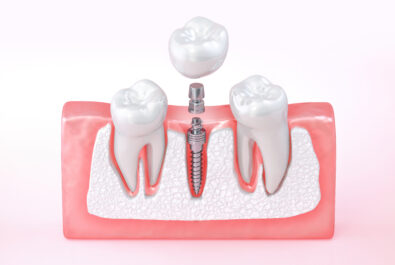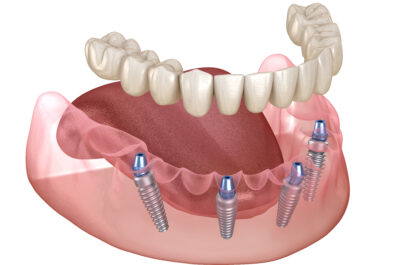There isn’t one specific factor that causes a sleep disorder, but understanding the different types of sleep apnea will explain how the condition occurs. Unfortunately, reaching a diagnosis can often be difficult because many sufferers are unaware that symptoms are occurring in their sleep. Instead, they may feel persistently tired during the day – but that could also point to fatigue, or even depression. Diagnosing the type of sleep apnea you have (obstructive or central) is typically done through a sleep study that measures your oxygen levels during your sleep cycle, but both are caused by different factors in your body.
Obstructive Vs. Central Sleep Apnea
During both forms of sleep apnea, your body loses its oxygen intake for periods of time throughout your sleep cycle. However, the way this happens varies between the two. With OSA, which is more common, the muscles at the back of your throat physically relax, causing your airway to close. On the other hand, central sleep apnea occurs when your brain doesn’t send the proper signals to the rest of your body indicating its need for oxygen.
Who’s At Risk
Two of the biggest risk factors for this sleep disorder are your weight and age. If you’re overweight and over the age of 40, you have a higher chance of experiencing these breathing cessations. Additionally, factors such as congestion, being male, smoking, and even alcohol use can all add to your risk for OSA. However, central sleep apnea is usually associated with other health conditions like congestive heart failure or stroke.
If you’re experiencing any symptoms of a sleep disorder, don’t hesitate to talk to your doctor. If left untreated, it could lead to further health complications.














